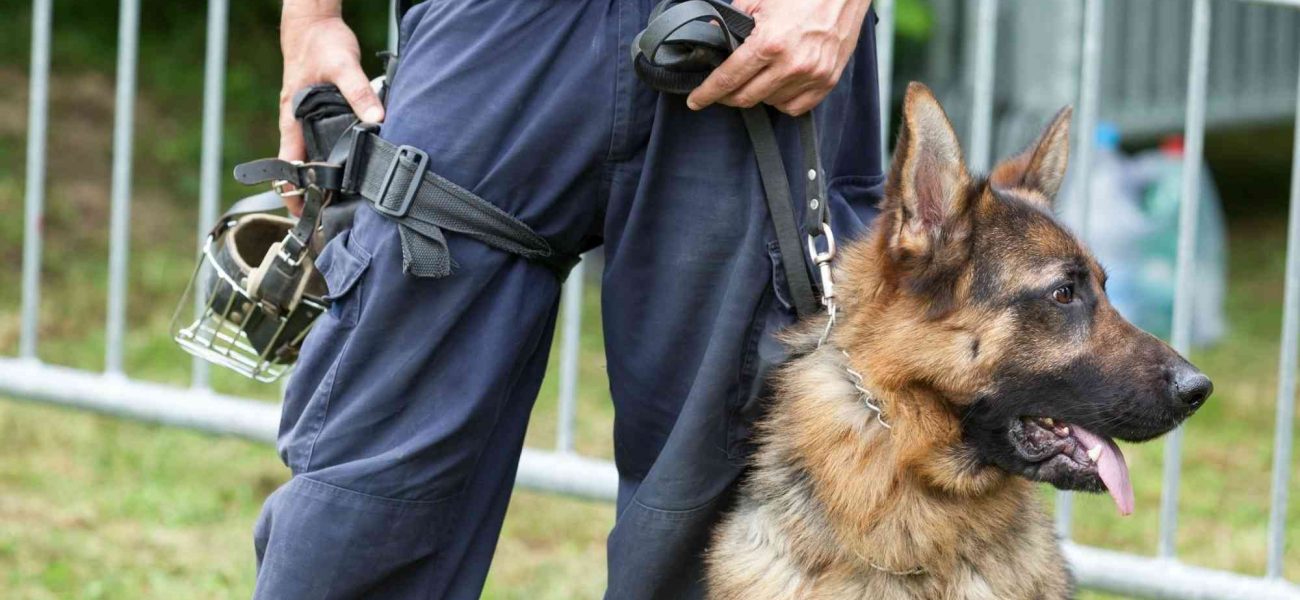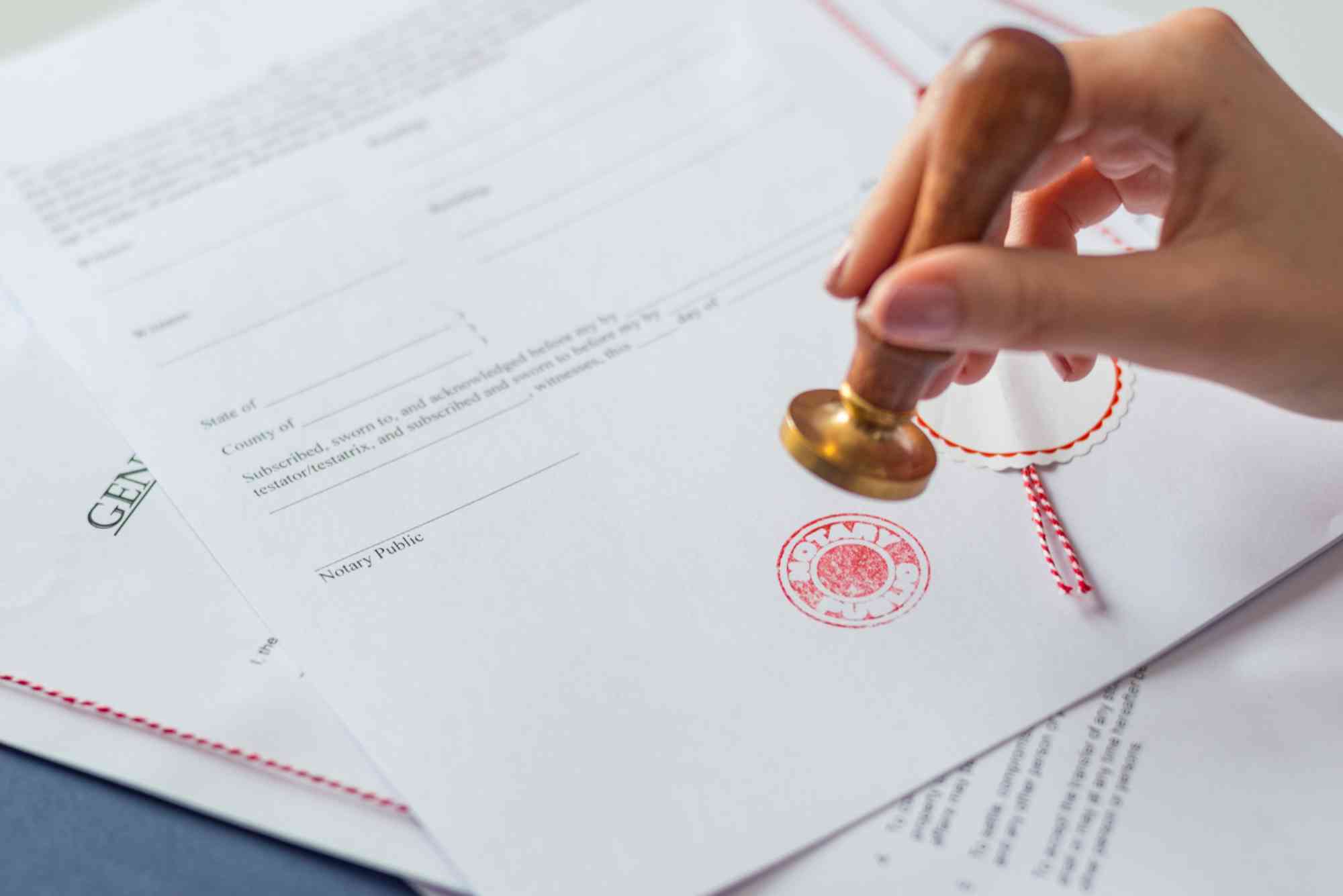Introduction
When it comes to law enforcement and detection work, drug dogs are known for their incredible sense of smell. Trained to detect a wide range of substances, these dogs are invaluable in identifying drugs, explosives, and other contraband. However, one common question that arises is whether drug dogs can smell nicotine. Whether you’re a smoker, someone working with nicotine products, or just curious, this article delves into the fascinating abilities of drug dogs and explores whether nicotine falls within their detection capabilities.
In this comprehensive guide, we’ll answer the question, “Can drug dogs smell nic?” and explore the science behind how these dogs work. You’ll gain insights into their training, the chemicals they detect, and how their sense of smell makes them exceptional at identifying various substances.
How Do Drug Dogs Work?
Drug dogs, also known as K9s, are highly trained to detect specific scents. Their training focuses on recognizing the smell of certain chemicals and drugs, which allows them to alert their handlers when they encounter those substances. Their noses are thousands of times more sensitive than a human’s, making them crucial in detecting items that might otherwise go unnoticed.
Drug dogs are usually trained on substances like marijuana, cocaine, heroin, methamphetamines, and sometimes even firearms or explosives. However, the scope of their detection isn’t limited to just these common drugs. They can also be trained to sniff out a variety of other substances, depending on the needs of the law enforcement agency or organization.
The Sense of Smell in Drug Dogs
To understand how drug dogs can smell specific substances, it’s important to recognize how their sense of smell works. A dog’s nose contains approximately 300 million scent receptors, while humans only have around 5 million. This gives them the ability to detect minute concentrations of odors that we can’t even imagine. Furthermore, their olfactory bulb, the part of the brain that processes smells, is much larger relative to their brain size compared to humans.
With such a refined sense of smell, drug dogs are able to detect even the faintest traces of substances, including drugs that have been hidden or disguised. This makes them valuable tools for both law enforcement and private organizations looking to identify contraband.
Can Drug Dogs Smell Nicotine?
Now, let’s get to the core question: can drug dogs smell nicotine? The short answer is yes, drug dogs can smell nicotine. However, there are some important nuances to consider when it comes to detecting nicotine compared to other substances.
Nicotine is a highly volatile chemical, which means that it can easily become airborne and can leave traces on various surfaces. This is particularly true in environments where people smoke or handle tobacco products. While drug dogs are most commonly trained to detect illegal drugs, some are also trained to identify nicotine, especially in specific contexts.
The Ability of Dogs to Detect Nicotine
Nicotine itself is not classified as a drug in the same way illegal substances like cocaine or heroin are. However, it is a potent substance, and when it’s smoked in the form of cigarettes or cigars, it produces an odor that can be picked up by a dog’s sensitive nose. Whether a dog can smell nicotine depends on several factors, including their training and the concentration of nicotine present.
For example, drug dogs trained to detect narcotics may not immediately respond to the smell of nicotine unless they have been specifically trained to recognize it. On the other hand, some detection dogs used in security or anti-smoking efforts are trained to alert on nicotine, particularly in environments like airports, schools, or workplaces where smoking might be restricted.
Specific Scents Related to Nicotine
When it comes to detecting nicotine, dogs are likely to detect the chemicals that come with smoking, such as tobacco smoke and the specific compounds found in cigars and cigarettes. While nicotine itself may not always be the primary target of detection, the overall odor produced by tobacco-related products will often be detectable. This is particularly true for dogs trained to identify these types of substances.
In some cases, nicotine can also leave traces on objects, such as bags, clothing, or even in vehicles. These residues may be detectable by drug dogs, especially if the nicotine has been handled or consumed recently.
Factors That Affect Nicotine Detection by Dogs
The effectiveness of drug dogs in detecting nicotine depends on several factors, including their training, the concentration of nicotine, and the environment. Here are some of the main factors that come into play:
Training: As mentioned earlier, not all drug dogs are trained to detect nicotine. While some can be specifically trained for this purpose, many are focused on illegal drugs like marijuana, methamphetamines, and heroin. The specific training a dog undergoes will determine whether or not they can smell nicotine.
Concentration: Nicotine is a volatile chemical, and its concentration can affect how easily it can be detected. High concentrations of nicotine, such as those found in cigarette smoke, are easier for dogs to detect than trace amounts left behind on surfaces.
Environment: If nicotine is present in a confined area like a car or room, the chances of a drug dog detecting it increase. The dog will be able to pick up on the residual nicotine scent left behind by smoking. In open, outdoor spaces, the scent may be dispersed and harder for the dog to detect.
Scent Complexity: Nicotine is often accompanied by other compounds, such as tar and ash, which can make it easier for a dog to detect. These additional substances may leave behind stronger, more identifiable odors that drug dogs can recognize.
Can Drug Dogs Be Used for Anti-Smoking Measures?
In some settings, drug dogs are utilized for more than just detecting illegal drugs. For example, certain workplaces, schools, and airports use detection dogs to enforce anti-smoking policies. These dogs are trained to alert their handlers to the scent of nicotine or tobacco products, helping to ensure that smoking remains prohibited in these spaces.
While nicotine detection may not be as widespread as drug detection, there are specialized units that focus on ensuring clean, smoke-free environments by using drug dogs to sniff out nicotine residues or tobacco products.
Drug dogs are remarkable animals, capable of detecting a wide range of substances with their highly sensitive sense of smell. While nicotine is not typically the focus of most drug dogs’ training, it is possible for some dogs to detect the chemical, especially in environments where tobacco products are frequently used.
If you’re working in an area where smoking is prohibited or are curious about how drug dogs work, understanding their capabilities can help you better appreciate the incredible abilities these dogs possess. Whether it’s detecting drugs, explosives, or nicotine, these dogs play a crucial role in maintaining safety and security in various environments.
If you’re interested in learning more about the incredible world of drug dogs or need additional insights, visit Hatch My Ride for more information on related topics.
FAQ
Can drug dogs smell nicotine in a car?
Yes, drug dogs can detect nicotine residues left behind in cars, especially if someone has smoked or used tobacco products inside. The scent lingers and can be picked up by their highly sensitive noses.
How do dogs detect nicotine?
Dogs detect nicotine through their exceptional sense of smell. They are trained to recognize specific scents, including the compounds found in tobacco smoke, which contain nicotine and other identifiable markers.
Can drug dogs smell nicotine in cigarettes?
Yes, drug dogs can smell nicotine in cigarettes, as well as the scent left behind by smoking. However, not all drug dogs are trained specifically to detect nicotine.
Are drug dogs trained to detect nicotine in airports?
Some airports use drug dogs trained to detect nicotine to enforce non-smoking policies. These dogs can alert security personnel if they detect tobacco products or nicotine residues in restricted areas.
Can drug dogs smell nicotine from e-cigarettes?
Yes, drug dogs can detect nicotine in e-cigarette vapor, especially if the residue from the vape has been left on surfaces or in a confined space. The scent may be faint, but it’s still detectable by a trained dog.




